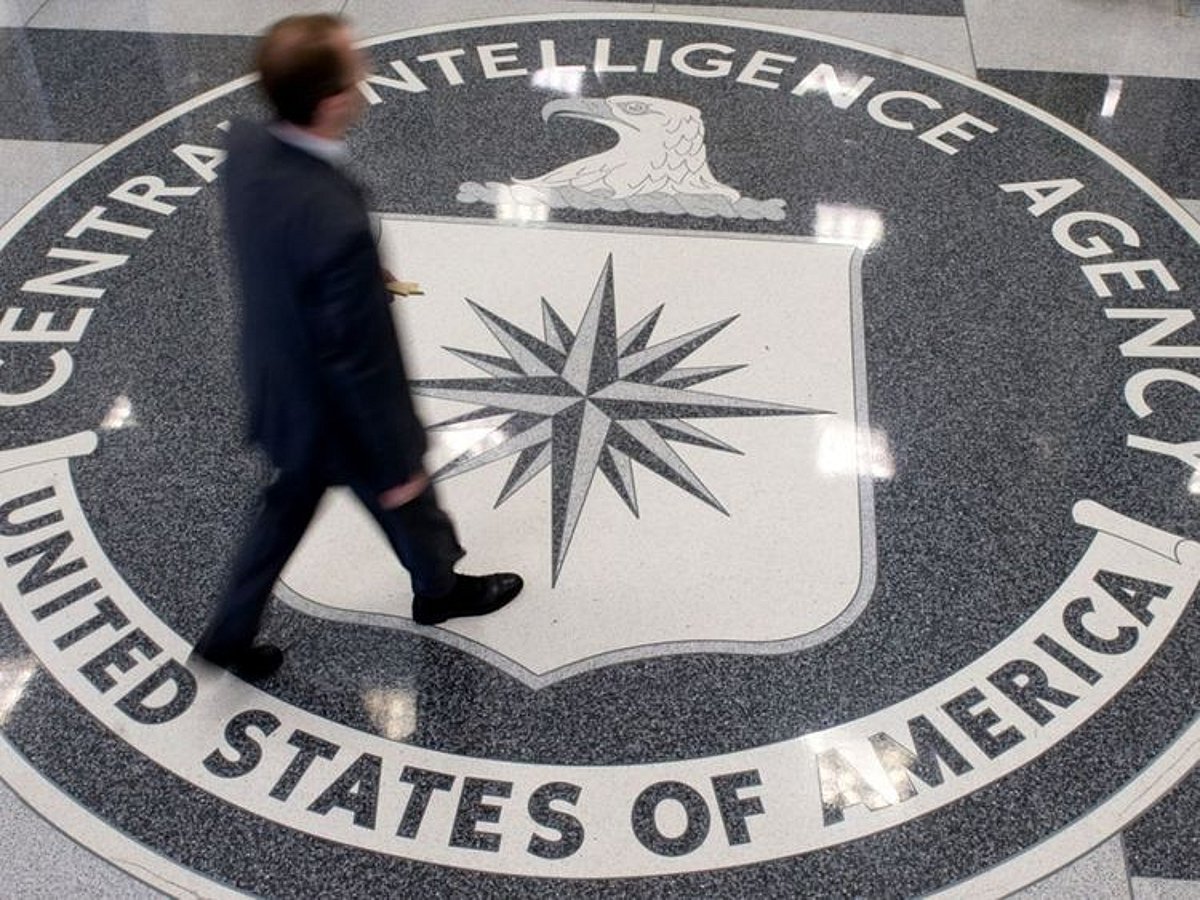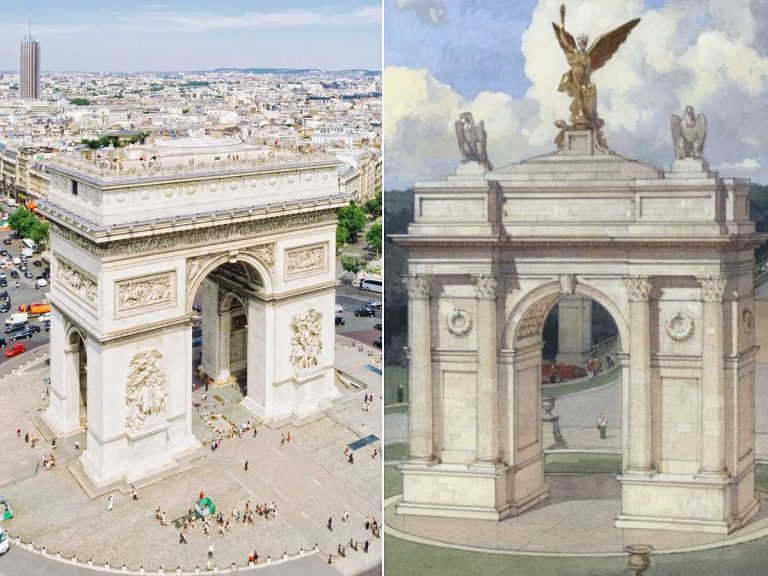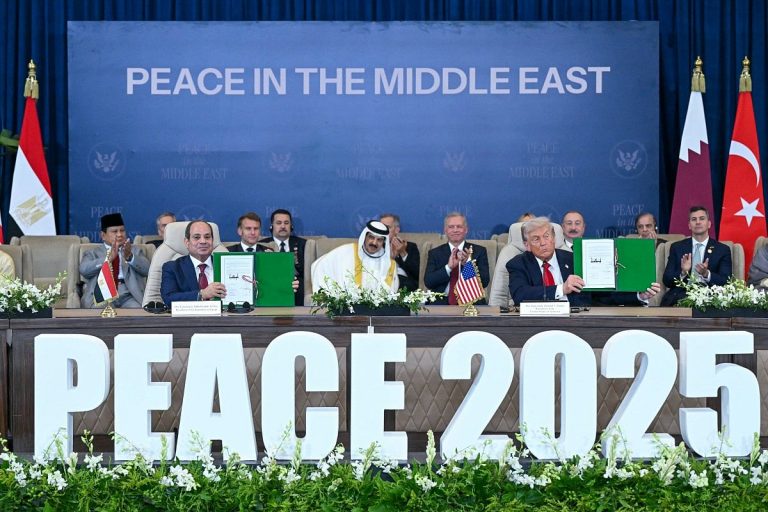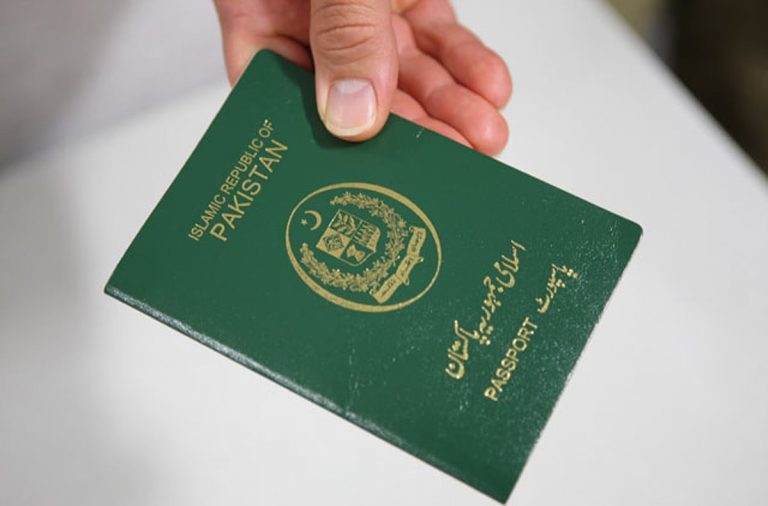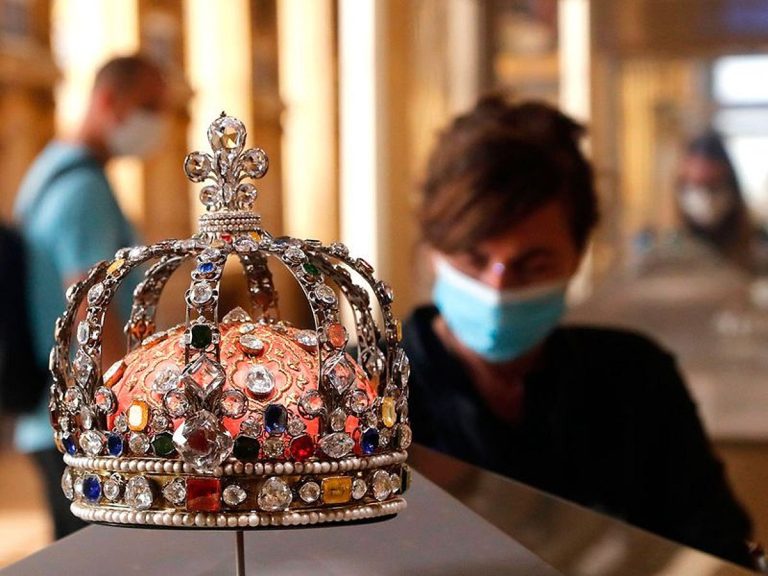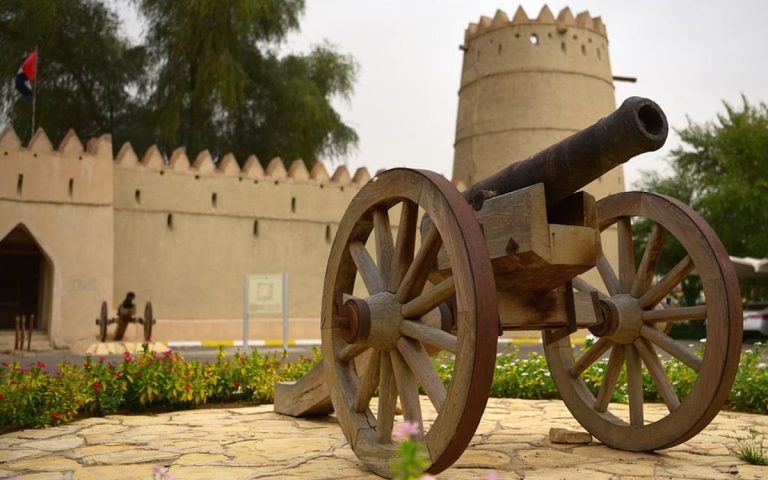Trump Weighs Military Action Against Venezuelan Cartels
Recent statements from President Donald Trump have heightened tensions regarding U.S. military involvement in Venezuela. Trump has indicated that he is contemplating strikes against alleged drug cartels operating within the country, while also confirming the authorization of covert CIA actions against the Venezuelan government led by Nicolás Maduro.
Trump’s Authorization of Covert Actions
During a press briefing, Trump acknowledged that he had approved covert operations by the CIA aimed at undermining Maduro’s regime, which he has labeled a “narco-terrorist” government. He refrained from providing specifics about the operations but emphasized that his decision was driven by concerns over drug trafficking and the release of prisoners who could pose a threat to the United States.
Military Options Under Consideration
In light of recent naval strikes targeting drug boats in the Caribbean, Trump revealed that he is contemplating expanding military actions to land operations against drug cartels in Venezuela. “We are certainly looking at land now, because we’ve got the sea very well under control,” he stated, highlighting the U.S. military’s ongoing efforts to combat drug trafficking in the region.
Reactions from Venezuela
Maduro responded strongly to Trump’s comments, condemning the U.S. actions as attempts at regime change and orchestrated coups. He ordered military exercises across Venezuela, particularly in areas near the Colombian border, to prepare for potential U.S. aggression. Maduro’s government has mobilized military, police, and civilian militias to defend the nation against perceived threats.
Legal and Ethical Concerns
Experts have raised questions about the legality of the U.S. military’s use of lethal force in international waters against suspects who have not been apprehended. The ongoing military buildup in the Caribbean has drawn criticism from various Latin American nations, raising fears of escalating conflict in the region.
The Bounty on Maduro
In a related development, the U.S. Justice Department recently doubled the bounty for information leading to Maduro’s capture to $50 million. This move underscores the U.S. government’s determination to hold Maduro accountable for alleged drug trafficking and human rights violations.
International Implications
The situation has broader implications for U.S.-Latin America relations. As tensions escalate, many countries in the region are voicing their opposition to U.S. military interventions, advocating for diplomatic solutions instead. The recent Nobel Peace Prize awarded to Venezuelan opposition leader María Corina Machado, who has been a vocal critic of Maduro, adds another layer to the ongoing political struggle.
FAQs
What prompted Trump to consider military action in Venezuela?
Trump’s consideration of military action stems from his accusations against Maduro’s regime for drug trafficking and human rights abuses, alongside recent naval strikes targeting drug boats in the Caribbean.
How has Maduro responded to U.S. military actions?
Maduro has condemned U.S. actions as attempts at regime change and has ordered military exercises to prepare for potential conflict, mobilizing military and civilian forces across Venezuela.
What are the legal concerns regarding U.S. military operations?
Experts have questioned the legality of using lethal force against suspects in international waters without prior interception or questioning, raising ethical concerns about U.S. military interventions.
Conclusion
The situation in Venezuela remains tense as the U.S. considers expanding military actions against drug cartels. With Trump’s recent statements and Maduro’s strong response, the potential for conflict looms large. As diplomatic efforts continue to be overshadowed by military posturing, the international community watches closely for developments in this volatile region.
The U.S. has a long history of involvement in Latin America, often citing national security and drug trafficking as justifications for intervention. This context adds complexity to the current situation in Venezuela, where the U.S. has imposed sanctions on Maduro’s government and its allies, further straining diplomatic relations. The potential for military action raises concerns about the precedent it may set for future U.S. engagements in the region.
Additionally, the humanitarian crisis in Venezuela, characterized by widespread shortages of food and medicine, complicates the narrative surrounding U.S. military intervention. Many humanitarian organizations advocate for a focus on aid and support for the Venezuelan people rather than military solutions, arguing that such actions could exacerbate the suffering of civilians caught in the crossfire. As the situation evolves, the balance between military action and humanitarian considerations remains a critical point of discussion among policymakers and analysts.
Also Read:
Trump Considers One-State or Two-State Solution for Peace

